When preparing food in the kitchen and cooking on the BBQ this summer, there are some important food safety rules you need to adhere to. By applying common sense, these basic hygiene principles mean you do not need to worry about possible food poisoning disasters.
Good food hygiene practices are important all year round, but especially so during summer as the heat causes bacteria that may have found their way into your food, such as staphylococcus or E. coli, to multiply. So, the best option to ensure your food is safe from these bugs is to follow the advice below.
Top tips for ensuring good food hygiene
- Wash your hands carefully before preparing food. To effectively wash your hands, use soap and warm running water and rub vigorously for at least 20 seconds ensuring you get under your fingernails. Dry your hands thoroughly using a clean towel. Use a hand sanitiser if running water is not available.
- Ensure poultry is thoroughly cooked. Either use a meat thermometer to check internal temps in the thickest parts reach 75 degrees Celsius or until the juices run clear.
- Anything that comes into contact with raw and cooked meat should be thoroughly cleaned, including benches and knives.
- Keep raw and cooked food well apart. Store raw meat in the bottom of the refrigerator in a covered container to remove the risk of any meat juices leaking on to other food.
- Make use of the summer weather and let dishes air dry rather than with a tea towel.
BBQ
In New Zealand we love to make the most of the warm weather and spend more time outside. Food cooked on a BBQ seems to have more flavour but there are a few things to keep in mind to ensure the food isn’t also going to make people unwell.
- Make sure your BBQ tools have been cleaned before using them, and have separate utensils and plates for raw and cooked food.
- Keep your hands clean between handling raw and cooked food.
- Ensure meat is thoroughly defrosted so it can cook evenly.
- It can be tricky to ensure sausages and poultry are cooked through on a BBQ as high temperatures can char the outside while leaving the inside raw. The best option is to use a meat thermometer to check the internal temperature is 75 degrees Celsius.
- Ensure surfaces where meat has been sitting are cleaned well afterwards.
- Cool, pack and refrigerate food within two hours after eating–less if the weather is hot.
Find out more about food safety in the home
For more food safety tips and how you can protect your family, visit www.foodsafety.govt.nz/ccc
 Written by Robyn
Written by Robyn
Robyn creates content on Kidspot NZ. Her hobbies include buying cleaning products and wondering why things don’t then clean themselves, eating cheese scones with her friends, and taking her kids to appointments.
Favourite motto to live by: “It’s just a phase.”

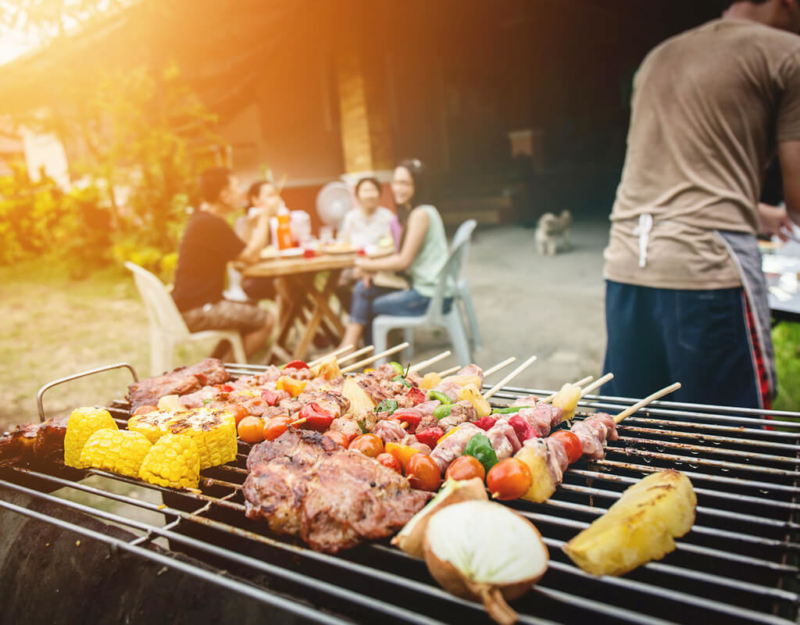

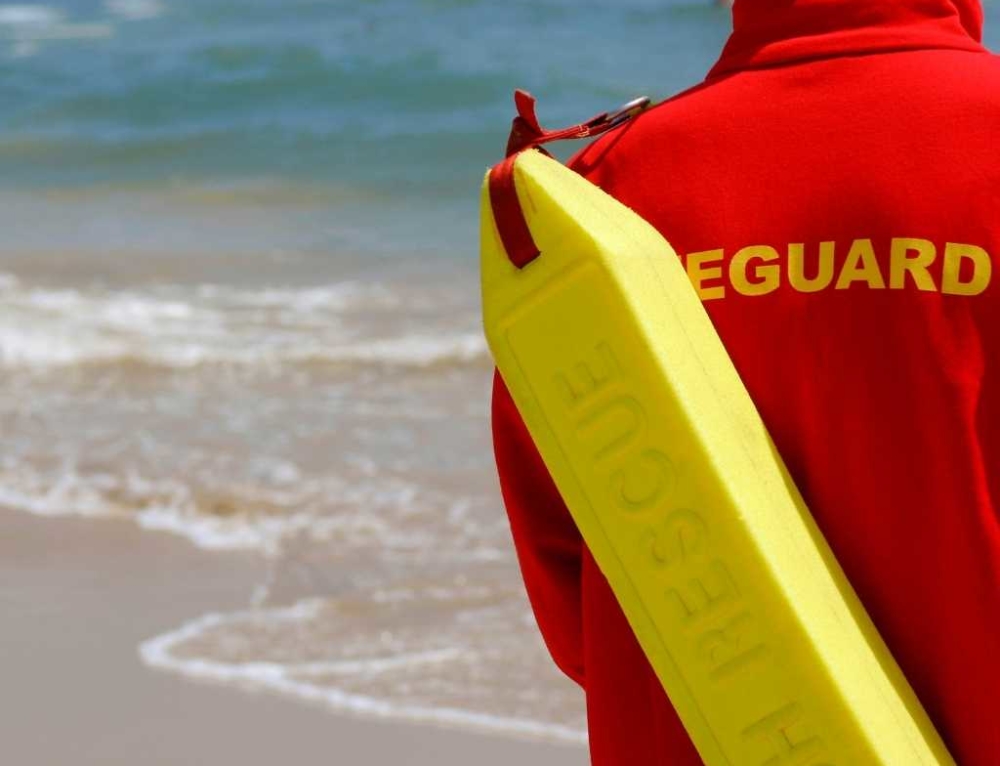
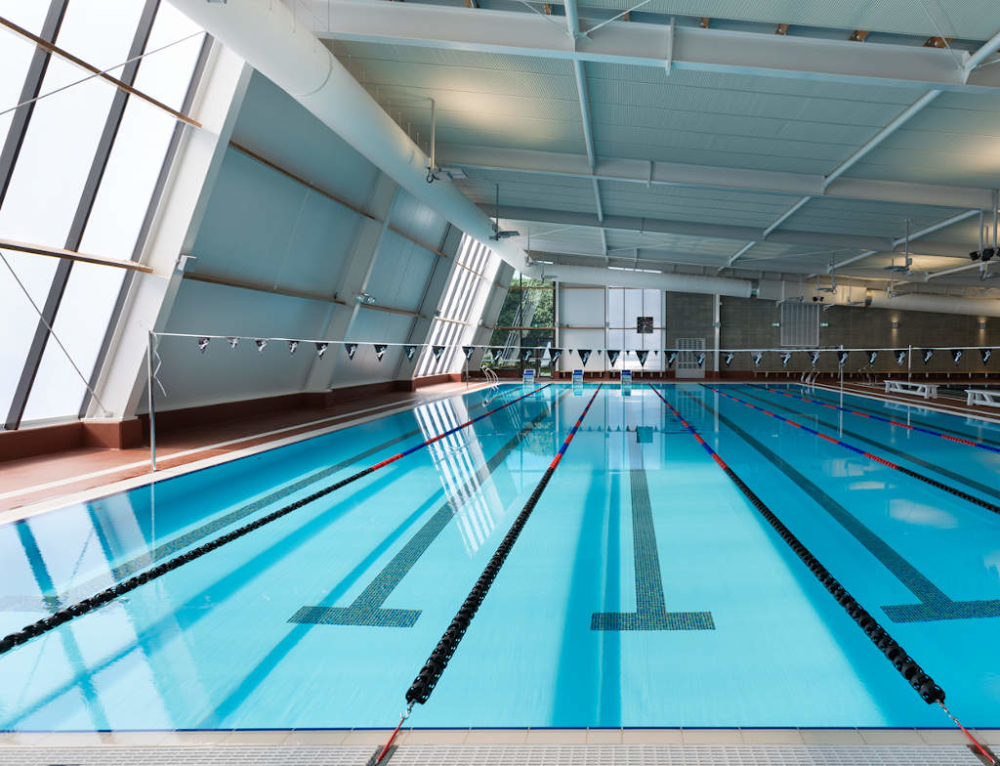
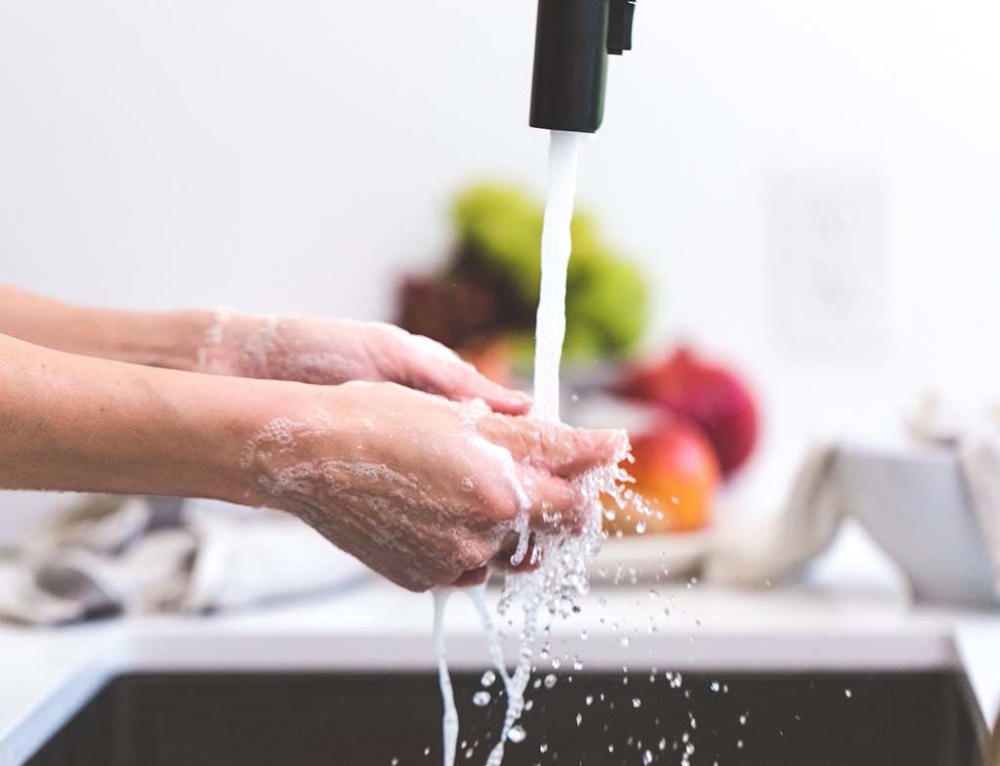
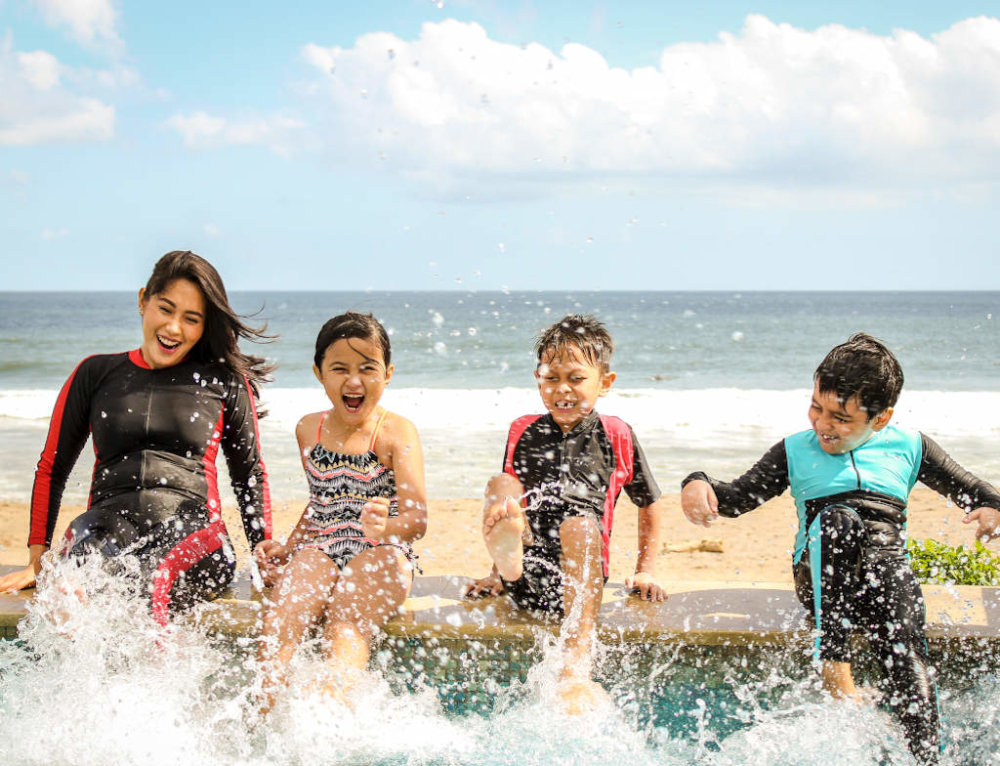
This is a good reminder to wash hands for 20 secs. We sometimes do take this for granted when we are in a rush. I’ve always wondered the necessity of having a meat thermometer but now reading on this…it’s always risky to be eating something raw and not cooking properly. So this was another reminder.
What a great idea to put the dishcloth in the dishwasher – would have never thought of this and is a really handy hint as we don’t have a microwave to cant steralise that way.
Food poisoning does not sound like fun to me so I would rather not get it! Simple hygiene habit like washing hands and keeping food preping and cooking areas clean should hopefully keep the germs and bacteria away.
What a great read for keeping foodsafe these holidays. The most important on the top of my list is to always wash hands before preparing food no mater who it may be its always the first rule we have around food
Love the idea ro pop tea towels in te dishwasher… Now I need a dishwasher 🤣.
I get incredibly fantacial about kitchen hygiene and that stems from being a chef for many years before having my boys.
One of the best tips I can offer is using honey wraps vs glad wrap not only better for envioremt but also for keeping food… It seals better the glad wrap and doesn’t rip or get holes in it like glad wrap.
Lucky for me my partner is a trained Chef, so very food safety aware which is great. I’m pretty careful about food handling etc anyway. Cook, cover, chill etc 🙂 We won’t be barbecuing this year but you do need to be extra fussy
Thankfully we haven’t had food poisoning when using the BBQ and hopefully that doesn’t change! My husband is the one who does the cooking on the BBQ and he does a good job of not cross contaminating items.
When we are camping, we will make use of the camp fridge. If there isn’t a fridge there, pack your chilly bin full of ice and keep it in the shade. This will help keep everything chilled and safe. Replace the ice when you need to. Its usually pretty easy to find a bag of ice somewhere.
Wash your hands in between handling meat… and be super careful with chicken and egg…